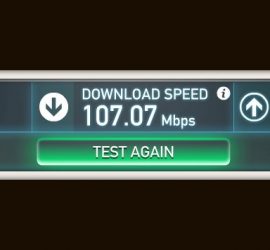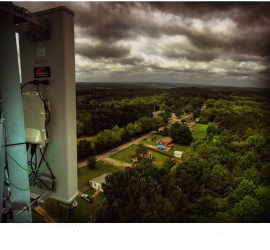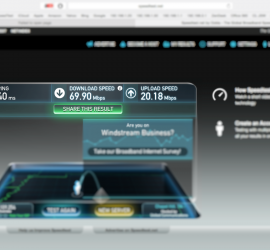Tennessee Wireless announced its expanded business class service today that covers the downtown Centerville square and surrounding area. Tennessee Wireless has long been the provider of choice for many Middle Tennessee Businesses. Today the same great service business owners have come to expect from Tennessee Wireless became even faster. With the deployment of next generation technology available speeds […]
News
The Cloud Is Only as Good as Your Network Who is managing your network and what are their qualifications? Tennessee Wireless has a staff of certified industry experts available to help your business find the bottlenecks that are impacting your productivity and remove them.
We are very happy to announce the launch of service covering East Hickman County with new blazing fast Internet and quality phone service. Service with speeds up to 25 Mbps was launched August of 2016 and is now reflected in the Coverage Map. If you live in Wrigley, Lyles, Bon Aqua or the surrounding areas, give […]
We understand how critical phones are to your business… and we treat them that way. Controlling costs without sacrificing quality is our goal. Tennessee Wireless offers Hosted PBX, Mobility, and Trunk Lines. Tennessee Wireless Business Communication uses Voice Over Internet Protocol (VoIP). If you have a good quality Internet connection, you can use VoIP. Why would anyone […]
Has Your Business Been Digitally Transformed Yet?
So say the 11 states who filed a friend of the court brief on behalf of Tennessee and North Carolina in the 6th Circuit Court of Appeals. This action by the states was highlighted in an article on mediapost.com posted yesterday and reinforced by a study conducted by Phoenix Center’s Chief Economist Dr. George S. Ford referenced […]
Need help making technical decisions for your Business? Business Service is what we do best! We want to see the local businesses thrive in the rural communities of Middle Tennessee. That is what sets us apart from the large national providers. We support our local businesses and offer solid technical advice that will help your business succeed. […]
Look for our ad in the Hickman County Times.
Centerville, TN (November 13th 2013) – Tennessee Wireless, a local Middle Tennessee provider of broadband Internet Service, believes that president Obama’s push to reclassify Broadband Internet as a utility is a mistake and that the Federal Communications Commission (FCC) should not reclassify consumer broadband service as a utility under Title II of the Communications Act. […]
This is a question that we get quite often. Many people think it is satellite or cell tower provided. Nothing could be further than the truth. Tennessee Wireless uses a technology called “Fixed” wireless, also sometimes referred to as “Air Fiber” technology. Tennessee Wireless is known as a WISP. A wireless Internet service provider (WISP) Fixed wireless is the […]




